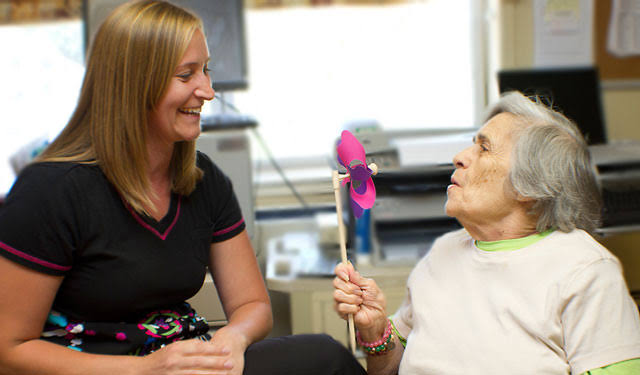
Stroke Therapy
Recent studies have shown that in India, the incidence of stroke has increased by 100 percent in the past few decades and is also the leading cause of death in north eastern states of India. A stroke occurs when the brain is deprived of its blood supply due to a blockage or rupture of blood vessels. There are 3 types of strokes
1.Ischemic Stroke
This type of stroke is caused by a blockage or narrowing of the blood vessels supplying blood to the brain. These blockages are mainly caused by fatty deposits and require immediate treatment. In the picture below the left image represents an ischemic stroke.
2.Hemorrhagic Stroke:
This type of stroke occurs when the blood vessels supplying the brain rupture causing leakage that spills into the surrounding brain tissue. The right image in the picture above depicts this type of stroke.
3.Transient Ischemic Attack (Tia):
This is a silent form of stroke caused when the brain is temporarily deprived of blood supply by any factor. The stroke and its effects lasts temporarily.


Symptoms Or Signs Of Stroke
The FAST method, recommended by the National Stroke Association, helps in identifying the warning signs that can help in identifying a stroke before it can cause more damage.
-
FACE: Drooping on one side when you smile.
-
ARMS: Unable to keep one arm upright when asked to raise both arms.
-
SPEECH: Difficulty in speaking and slurring of speech.
-
TIME: Getting help immediately as soon as you notice the above signs.
After a stroke, the person has many complications such as behavioural issues, speech difficulties, numbness, pain and paralysis
Causes of stroke
People suffering from high blood pressure , heart diseases and diabetes are at high risk for stroke. Studies have also proven that smoking is another leading cause of stroke.
Leading a healthy lifestyle and taking regular medical check ups can go a long way in helping to prevent a stroke.
Upkar Speech Therapy & Hearing Clinic's Help On Your Journey From Stroke To Recovery
Our speech language pathologists are trained to work with stroke patients suffering from dysphagia, dysarthria and aphasia.
Dysarthria is a condition where the person’s speech becomes unclear because of weakness of muscles associated with speech production due to a stroke.